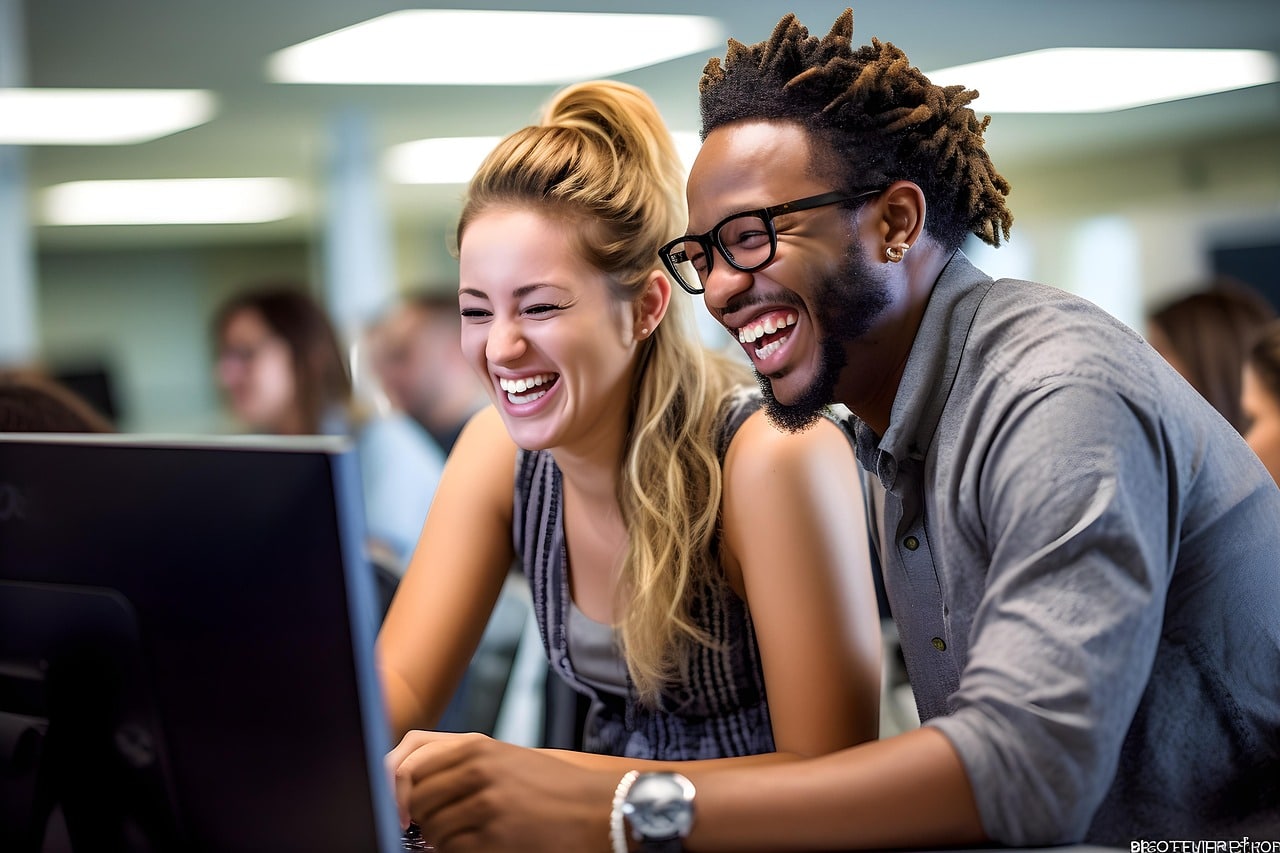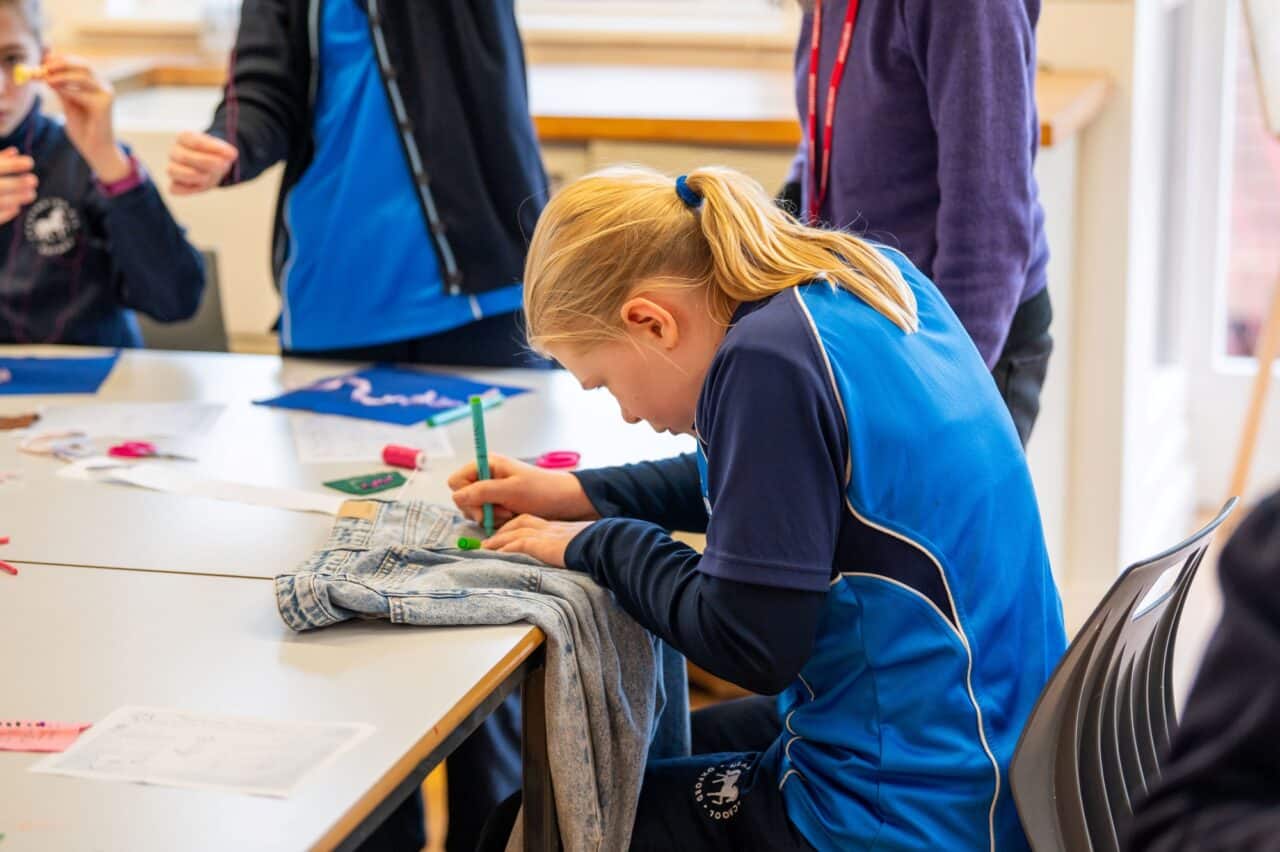The importance of political literacy
When pupils think about politics, they often picture the unruly atmosphere of prime minister’s question time in Parliament, heated discussions on social media, or some of the radical stunts carried out by pressure groups like “Just Stop Oil”. But what most pupils don’t realise is that politics is happening every day in school, often in ways that are so subtle, they don’t see it. Schools like Headington Rye are not just places for academic learning; they are microcosms of society where pupils engage in political activities that shape their understanding of governance, leadership, and community.
One of the most obvious ways pupils engage in politics at Headington without knowing it is through voting for prefects, class captains, charity and diversity reps. These roles may seem trivial at first glance, but they are essential for fostering a sense of community and responsibility. When pupils vote for their prefects, they are not just choosing who will oversee assemblies or organise school events; they are making a statement about who they believe embodies the values and leadership qualities they admire. This process teaches pupils about democratic principles, such as representation and accountability. It encourages them to think critically about who they want to lead them and why. Moreover, it gives them a voice in their school environment, allowing them to express their preferences and priorities. This small-scale election mirrors larger political processes and helps them understand the importance of participating in democracy.
Class discussions and the art of debating is another avenue for political engagement at Headington Rye Oxford that often goes unnoticed. In subjects like Politics (obviously), History, English, or even the Sciences, pupils are encouraged to express their opinions, challenge each other’s viewpoints and engage in respectful debates. This practice cultivates critical thinking skills and helps students learn how to articulate their thoughts clearly and persuasively. These discussions can touch on sensitive topics such as social justice, environmental issues, or historical events, allowing pupils to explore different perspectives and develop their understanding of complex issues. By engaging in these dialogues, pupils are not just learning about the world; they are also practicing the skills necessary for active citizenship. They learn how to listen, negotiate and mediate disputes, all of which are crucial components of a functioning democracy.
Speaking of disputes, there is politics too in the daily conflicts that arise in school. Whether it’s a disagreement over a group project, a misunderstanding between friends or simmering resentment over the discontinuation of yoghurts in the dining hall, these situations often require mediation. Schools often have systems in place for conflict resolution and pupils are frequently involved in these processes. When pupils step in to help mediate a conflict, they are practicing essential political skills. They learn how to navigate differing opinions, find common ground and work towards a resolution that satisfies everyone involved. This experience is invaluable, as it teaches them the importance of compromise and collaboration—key elements in any democratic society.
Moving on to more overtly political actions, Headington Rye Oxford has a long history of holding mock elections to mirror real life General Elections. These events are designed to simulate the real electoral process and give pupils a taste of what it’s like to vote. During last July’s general election, five pupils stood for election and a hustings was held in front of the whole school. Pupils were encouraged to research the different political parties being represented, understand their platforms and cast their votes just like adults do in a real election. Mock elections are an excellent way to engage pupils with current events and encourage them to think critically about the political landscape. They learn about the importance of informed voting and the impact that their choices can have on their community and beyond. Plus, it’s a fun way to get involved in politics without the pressure of real-world consequences!
For those who want to delve deeper into political discourse, joining a debating society is a fantastic option. Every Tuesday at Headington, the Junior Politics Debating Society meets at lunchtime and the Senior Politics Society meets after school. Both these clubs provide a platform for students to engage in structured debates on various topics, ranging from local issues to global challenges. Through debating, pupils learn how to construct logical arguments, think on their feet, and engage with opposing viewpoints. Debating societies also foster a sense of camaraderie among members, as they work together to prepare for competitions and improve their skills. This collaborative environment helps them understand the importance of teamwork and collective action in politics. Plus, it’s a great way to build confidence and public speaking skills—qualities that will serve them well in any future political endeavors.
For those who are particularly passionate about politics, studying it at A Level is a natural and obvious progression. Politics A Level provides students with a deeper understanding of political systems, theories, and ideologies. They learn about the history of political movements, the role of government and the impact of policy decisions on society. This academic exploration of politics equips students with the knowledge they need to engage in informed discussions and debates. It also encourages them to think critically about the world around them and consider how they can contribute to positive change. Whether they aspire to be future politicians, activists, or informed citizens, studying politics helps them develop a strong foundation for their future endeavours. In the last few years, pupils studying Politics A Level at Headington Rye have been regular attendees at lectures at Oxford University, guests at All Party Parliamentary Group lunches in the House of Lords and some have even spent a week in Geneva visiting global institutions like the UN and the World Trade Organisation.
So, why does all of this matter? The political activities that take place at Headington Rye will have a profound impact on the pupils’ development as citizens. By engaging in these various forms of political participation, pupils learn the importance of being active members of their communities. They develop the skills and knowledge necessary to navigate the complexities of the political world, both now and in the future. Moreover, these experiences foster a sense of agency among them. They come to understand that their voices matter and that they can effect change, no matter how small. This realization is crucial for nurturing a generation of engaged and responsible citizens who are willing to advocate for their beliefs and contribute to the democratic process.



